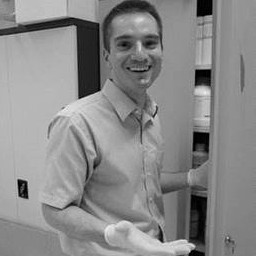
We develop ‘protocells’, as chassis, based on multiphase systems (such as emulsions) that enable the assembly and implementation of complex genetic circuits in deployable cell-like systems. Their implementation will be illustrated in applications in enzyme screening and optimization as well as water remediation strategies.
Based on a “bottom-up approach” of assembling components, we are creating artificial cell surrogates, or protocells, which enable biochemical pathways to be reconstructed, to perform complex processing steps, with the potential to design complex circuits in a similar way as in electronics. These systems have been explored in the literature as minute containers of chemicals to screen for desirable properties of their contents at high throughputs, and molecular biology approaches have enabled us and others to produce specific proteins within the containers. For example, we have expressed membrane-associated proteins in such protocells in microfluidic systems and watched them assemble in the artificial cells using time-resolved techniques.
However, these protocells still lacked a functional interface with their environment to be able to act in a useful way. Here we will introduce an ‘outside-in’ approach to incorporate membrane proteins (pores and transporters) into the membranes of protocells, opening the way to provide them with energy to perform demanding tasks such as sensing and remediation.